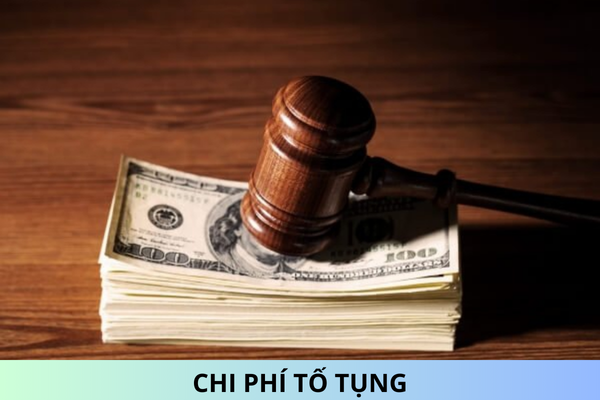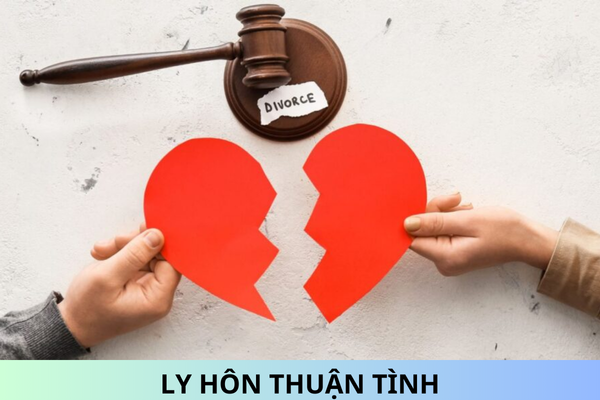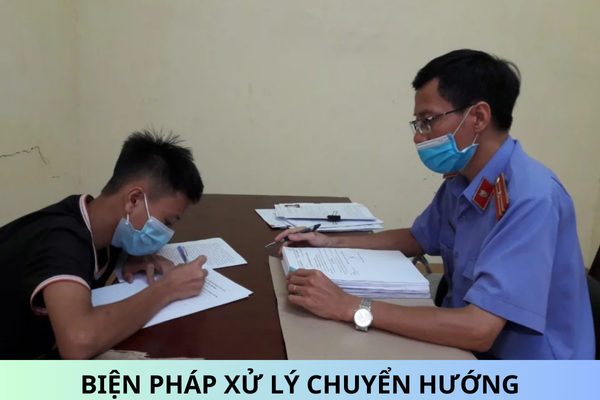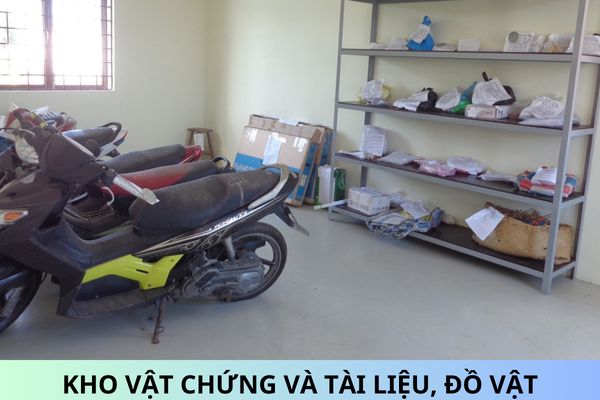Is it possible to distrain mortgaged property at the bank in Vietnam? Can the only house be distrained for judgment enforcement in Vietnam?
Is it possible to distrain mortgaged property at the bank in Vietnam? Can the only house be distrained for judgment enforcement in Vietnam? If the distrained property cannot be sold, will it be returned to judgment debtors in Vietnam?
Is it possible to distrain mortgaged property at the bank in Vietnam?
Regarding the law on civil judgment enforcement, for a loan repayment case that has a legally effective judgment, is a competent person or agency allowed to distrain the mortgaged property?
Reply:
Pursuant to Article 90 of the 2008 Law on Civil Judgment Execution, distraint and handling of assets in pledges or mortgages are as follows:
1. In case judgment debtors have no more assets or have assets insufficient for judgment enforcement, enforcers may distrain and handle assets of judgment debtors currently in pledges or mortgages if the value of these assets is larger than the secured obligation and expenses for judgment enforcement.
2. Upon distraint of assets in pledges or mortgages, enforcers shall promptly notify such to pledgees or mortgagees. Upon handling of distrained assets, pledgees or mortgagees will be among the first to get paid under Clause 3, Article 47 of this Law.
Thus, in cases where the judgment debtor has no other assets or has property but not enough for judgment enforcement, enforcers have right to distrain and handle the mortgaged judgment debtor's assets according to the above provisions in Vietnam.

Can the only house be distrained for judgment enforcement in Vietnam?
In 2018, my wife and I took out a business loan with a loss, so we were sued by the creditor to ask for money. The court forced my husband and I to pay a debt of about 2 billion VND and the judgment enforcement agency gave me and my wife 10 days to voluntarily execute. They also said that if my wife and I don't pay the debt at the end of this time, they will sell our house to enforce the judgment. This is the only house my family is living in, do they have right to distrain? Hope you can advise me, thank you very much
Reply:
According to the provisions of Clause 1, Article 45 of the Law on Civil Judgment Execution 2008, as amended by Clause 19, Article 1 of the Amended Law on Civil Judgment Execution 2014 and Clause 1, Article 46 of the Law on Civil Judgment Execution 2008, the time limit for voluntary judgment enforcement is 10 days (from the date the judgment debtor receives the judgment enforcement decision or is duly notified of the judgment enforcement decision). After the 10 day time limit expires, if the judgment debtor has judgment execution conditions but does not voluntarily execute the judgment, he/she shall be subject to coercion.
Simultaneously, the distraint and handling of assets of judgment debtors, including property held by third parties, is one of the measures to enforce judgments.
And according to the provisions of Clause 1, Article 95 of the Law on Civil Judgment Execution 2008, then:
1. The distraint of a house being the sole residence of a judgment debtor and his/her family may be conducted only after this person has been determined to have no other assets or have assets which are insufficient for judgment enforcement, unless the judgment debtor agrees to have his/her house distrained for judgment enforcement.
Thus, the judgment enforcement agency has right to confiscate your only house where you are staying for judgment enforcement if you have no other assets or have but not enough to execute the judgment in Vietnam.
We inform you!
If the distrained property cannot be sold, will it be returned to judgment debtors in Vietnam?
Property that is distrained and put up for auction but no one buys it even though the price has been reduced many times, will it be returned to the judgment debtor?
Reply:
According to the provisions of the Law on Civil Judgment Execution 2008, assets distrained for civil judgment enforcement may be sold by auction; or non-auction sale.
Distrained assets being movables valued at more than VND 10,000,000 and real estate shall be auctioned by auctioneering organizations.
Involved parties may reach agreement on auctioneering organizations within 5 working days after the date of valuation. Enforcers shall sign asset auction service contracts with auctioneering organizations selected by involved parties. In case involved parties cannot reach agreement on auctioneering organizations, enforcers shall select these organizations for signing asset auction service contracts.
Asset auction service contracts shall be signed within 10 days after the date of asset valuation.
An auction shall be conducted within 30 days, for movables, and 45 days, for real estate, from the date of contract signing.
Auction procedures must comply with the law on asset auction.
In case property is distrained and put up for auction for civil judgment enforcement according to a legally effective judgment or decision of the People's Court but no one buys it despite multiple reductions in price, the distrained property will be handled as follows:
- The first case: The judgment creditor agrees to receive the property to deduct from the judgment enforcement amount.
From after the second discount on, if no one participates in the auction, bid or the auction fails, the judgment enforcer has the right to receive assets to deduct from the amount to be executed.
If the judgment creditor agrees to receive assets to deduct from the judgment enforcement amount, within 10 days from the date of receiving the notice of no participants in the auction, bid or unsuccessful auction, the enforcer shall notify such to the judgment debtor.
Within 30 days after the judgment debtor receives the notice of the judgment debtor's agreement to receive assets for judgment enforcement, if the judgment debtor fails to fully pay the judgment enforcement money and judgment enforcement expenses to take back the assets and put them up for auction, the enforcer shall hand over the property to the judgment debtor. For assets being real estate or movable property subject to registration of ownership and use rights, enforcers shall issue decisions to hand over assets to judgment debtors to carry out procedures for registration and grant of certificates of ownership and use rights of such assets to judgment debtors. Judgment debtors, property managers and users who fail to voluntarily hand over assets to judgment debtors shall be subject to coercive judgment enforcement.
- The second case: The judgment creditor does not agree to receive the property to deduct from the judgment enforcement amount.
If the judgment creditor does not agree to accept the property for judgment enforcement, the enforcer shall issue a decision to reduce the asset price in order to continue auctioning it in accordance with law.
If the reduced property value is equal to or lower than the coercive costs but the judgment debtor still does not accept it for deduction against the judgment enforcement amount, then the property will be returned to the judgment debtor for management and use.
When the distrained property is handed back for management and use, the judgment debtor may not bring this property into civil transactions until he/she fulfills his/her judgment enforcement obligation.
Note: If the assets are distrained and sold at auction to fulfill the judgment debtor's obligations with respect to payments to the state budget, the enforcer shall decide to reduce the price in order to continue auctioning the property without handing it back to the judgment debtor for management and use. Each discount must not exceed 10% of the starting price of the preceding auction.
Above is our consulting opinion on the issue you are wondering.
Best regards!










